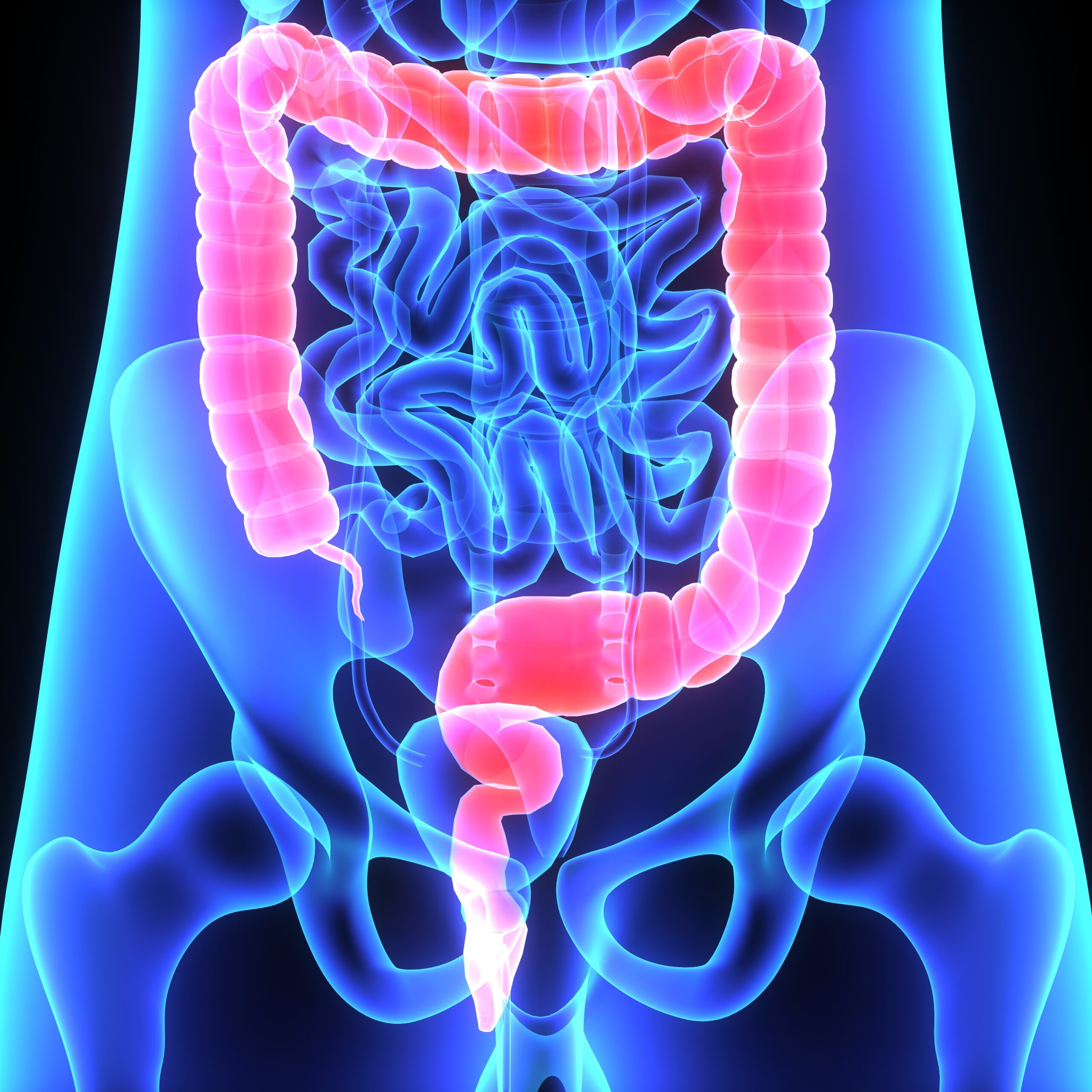Everything You Need To Know About Irritable Bowel Syndrome (IBS)
April 10, 2017
 701
701 
What is IBS?
In layman terms, IBS is nothing but a group of symptoms like abdominal pain and drastic changes in bowel movements that has a negative effect on the quality of one’s life through the passage of time. Anxiety issues, depression and chronic fatigue are common among patients suffering from IBS.
IBS has been broadly categorized into four major types:
Most people suffering from this ailment find that they’re gassy all the time with a constant bloated feeling. Reports suggest that people with IBS can’t get rid of gas like normal people possibly because of malfunctioning in their gut muscles and nerves.
In most cases, people suffering from IBS have extra sensitive intestines as well. As a result, a small amount of accumulated gas can cause severe discomfort.
For instance, if you’re out dining with friends, or are at work with your colleagues, or even if you are sharing an intimate moment with a loved one, nothing kills the moment more than worrying about your discomforting gas and whether you might let one slip unintentionally! The physical discomfort and the anxiety in your mind can totally ruin your good times.
Preventive Measures
Dealing with IBS is not easy. This is because the symptoms vary across patients and a generic treatment doesn’t work for everyone. Therefore, it is best to take precautionary and preventive measures beforehand. Most of these deal with the kind of food you eat.
Foods You Should Avoid
Owing to the vast differences in how IBS affects different people, the first step is to know what foods you should avoid at all costs. The following list enumerates the most common foods that people should avoid if they are suffering from gas related problems:
Foods You Should Regulate
There are certain foods that you can consume in moderate measures, but they need to be regulated, as overconsumption can lead to adverse effects in people with IBS.
Treatment
Although there is no targeted treatment for IBS yet, certain kinds of allopathic medicines can help a lot.
Other Useful Tips
In the end, IBS can be managed successfully if you lead a disciplined, healthy life. So, while abdominal pain and bloating are common enough, if you start seeing symptoms of drastic weight gain or loss, anemia and tiredness then you should consult a doctor immediately.
———————————————————————————————————————
SOURCES:
Hernando-Harder, A. American Journal of Gastroenterology, April 2010.
International Foundation for Functional Gastrointestinal Disorders: “Bloating,” “Report from Fernando Azpiroz, MD, PhD: Understanding Intestinal Gas,” “Controlling Intestinal Gas,” “What are treatment options for IBS?” “Probiotics and Antibiotics,” “Gut Bacteria and IBS,” “Symptoms of IBS,” “The Low FODMAP Diet Approach: Dietary Triggers for IBS Symptoms,” “IBS Diet: Dietary Fiber.”
American Academy of Family Physicians: “Irritable Bowel Syndrome.”
UpToDate: “Patient Information: Irritable Bowel Syndrome (Beyond the Basics.)”
Eswaran, S. American Journal of Gastroenterology, April 2013.
National Institute of Diabetes and Digestive and Kidney Diseases: “Irritable Bowel Syndrome.”
Staudacher, H. Journal of Human Nutrition and Dietetics, October 2011.
Monash University: “Low FODMAP diet for Irritable Bowel Syndrome.”
Aragon, G. Gastroenterology & Hepatology, January 2010.
UpToDate: “Patient Information: Gas and bloating (Beyond the Basics.)”
Therapeutic Advances in Gastroenterology , July 2009.
Reviewed by William Blahd, MD on December 13, 2015
© 2015 WebMD, LLC. All rights reserved.

A new study suggests that a widely used sugar substitute found in diet sodas, chewing gum, and low-sugar yogurt may elevate insulin levels. This could increase the long-term risk of heart disease. “Artificial sweeteners have infiltrated nearly all types of food, making it crucial to understand their long-term health effects,” said Yihai Cao, senior author […]

Diet Coke has long been a fan-favorite among soda lovers who want a fizzy, guilt-free alternative to traditional soft drinks. While its zero-calorie, zero-sugar label makes it seem like a healthier option, the reality is far more concerning. Despite its undeniable popularity, Diet Coke’s nutritional profile has raised red flags among health experts for years. […]

New study shows that embracing an anti-inflammatory, plant-forward diet can support cognitive function and help reduce the risk of dementia. What You Eat Shapes Your Brain The food you eat doesn’t just impact your body—it also affects your brain. Research suggests that eating an anti-inflammatory, plant-based diet can help improve memory, focus, and overall brain […]